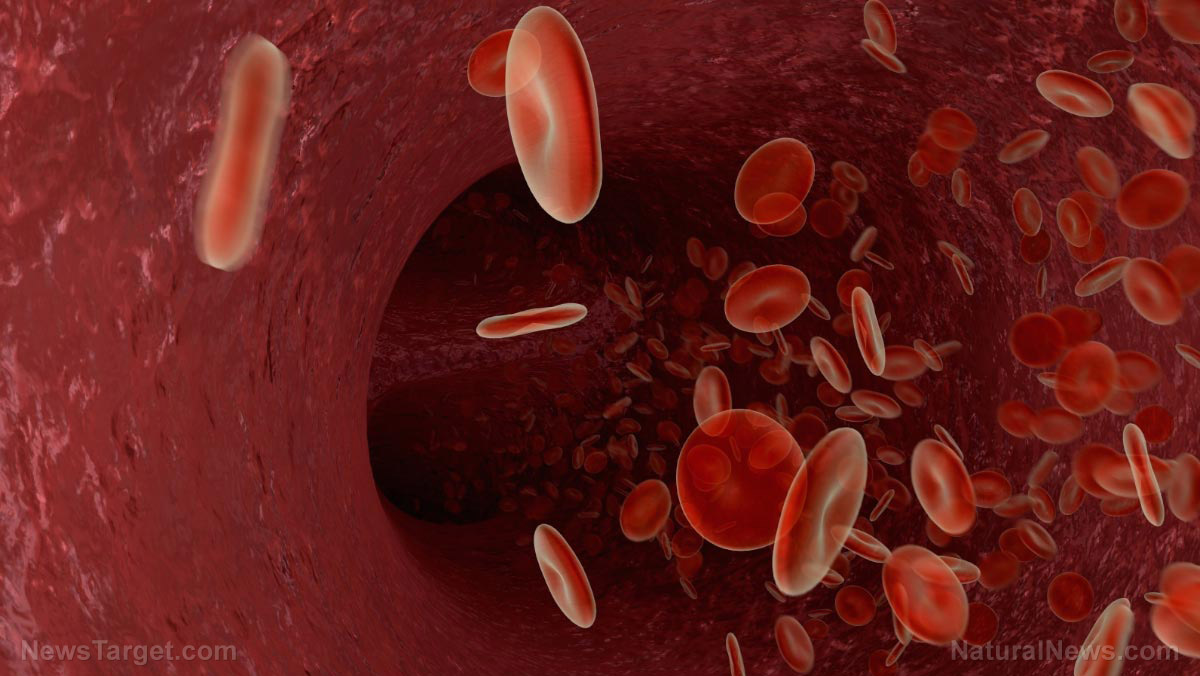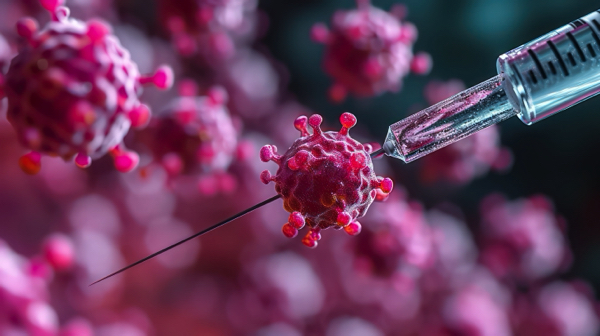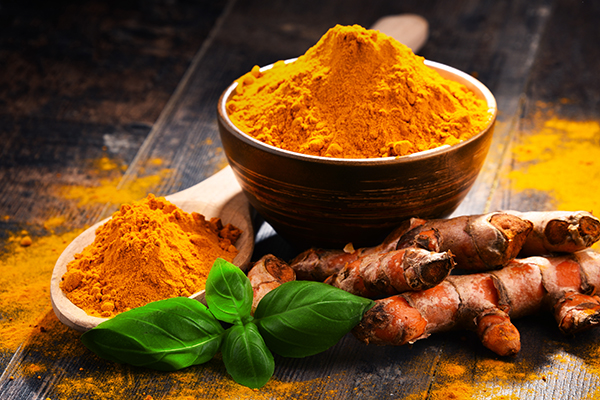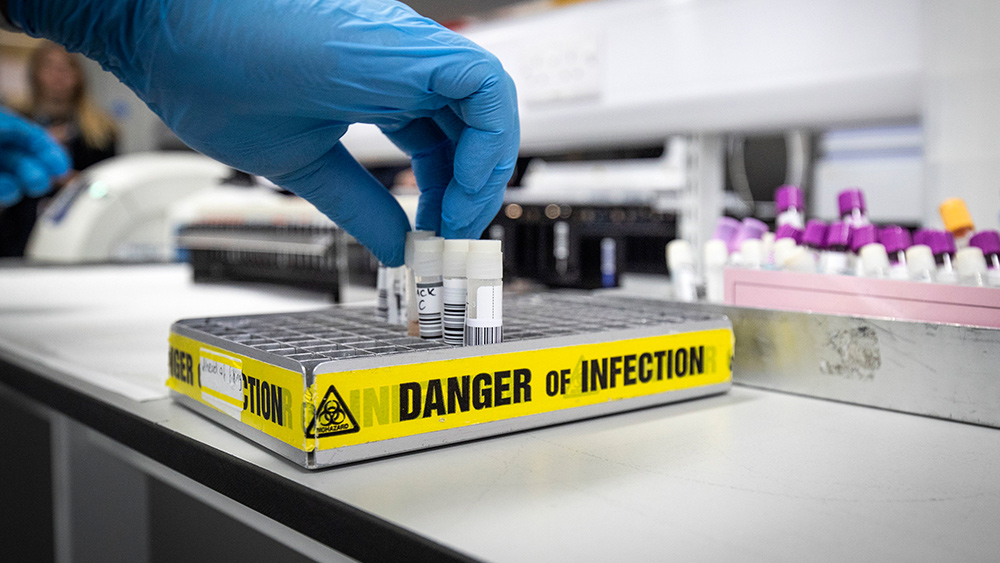Reverse heart disease through DIETARY CHOICES: Here’s where to start
07/03/2025 / By Lance D Johnson
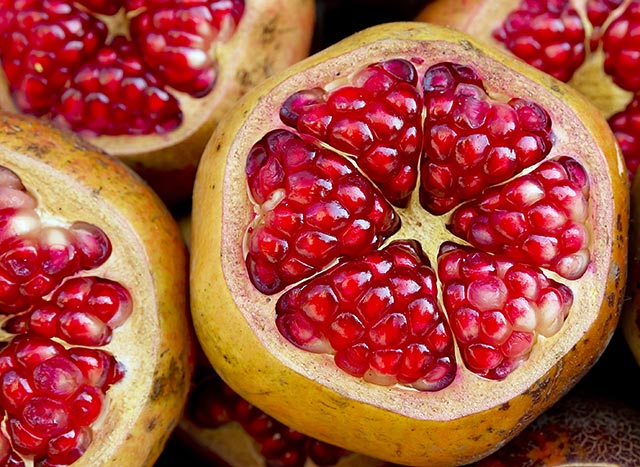
Heart disease remains the leading cause of death worldwide, but emerging research reveals that nature holds powerful remedies to heal the cardiovascular system. While pharmaceutical companies push costly drugs with harmful side effects, nutrition science confirms that inflammation, high cholesterol, and arterial damage can be reversed with whole, nutrient-dense foods. From pomegranate juice to hawthorn berry, these 20 dietary heroes combat plaque buildup, reduce oxidative stress, and restore blood flow — without the risks of Big Pharma’s synthetic cures.
Key points:
- Heart disease is fueled by inflammation, oxidative stress, and poor dietary habits, but can be reversed with targeted nutrition.
- Whole grains, cruciferous vegetables, berries, and omega-3-rich fish combat arterial damage and lower cholesterol naturally.
- Garlic, pomegranate, and cayenne pepper have been clinically proven to reduce plaque buildup and improve blood pressure.
- Eastern and herbal remedies, including hawthorn berry and spirulina, offer potent cardioprotective benefits backed by centuries of traditional medicine and modern research.
- Ultra-processed foods, fried meats, and refined sugars accelerate heart disease, while whole-food diets like the Mediterranean approach slash cardiovascular risk by over 50%.
Start with these 20 new dietary choices to reverse cardiovascular disease
1. Spinach – The Leafy Green That Lowers Blood Pressure
Spinach, packed with vitamin K, magnesium, and potassium, helps regulate blood pressure by balancing sodium levels and relaxing arterial walls. Its dietary nitrates convert to nitric oxide, a compound that dilates blood vessels, improving circulation and reducing strain on the heart. Additionally, the fiber in spinach binds to bile acids, flushing excess cholesterol out of the body before it can form arterial plaque.
2. Pomegranate Juice – Nature’s Artery Cleanser
Pomegranate juice’s punicalagins, potent antioxidants, actively reduce oxidative stress and inflammation in blood vessels, preventing plaque buildup. A 2013 Atherosclerosis study showed that daily consumption reversed carotid artery blockages by 35%, outperforming many conventional treatments. Unlike statins, which deplete CoQ10 and harm muscles, pomegranate juice protects endothelial function without side effects.
3. Hawthorn Berry – The Heart’s Herbal Ally
Used in traditional Chinese and European medicine, hawthorn berry strengthens heart contractions while stabilizing irregular rhythms, acting like a natural beta-blocker. Research in Phytomedicine found it dilates coronary arteries, increasing blood flow to oxygen-starved heart tissue. It also lowers LDL cholesterol and triglycerides, reducing atherosclerosis risk safely and effectively.
4. Garlic – The Ultimate Cardioprotective Bulb
Garlic’s allicin compound blocks cholesterol synthesis in the liver, cutting LDL levels by 12-17%. It also inhibits platelet aggregation, preventing dangerous clots that trigger strokes and heart attacks. Human trials show that aged garlic extract reduces arterial stiffness as effectively as some hypertension drugs—without side effects.
5. Cayenne Pepper – The Circulation Booster
Capsaicin, the active component in cayenne, stimulates nitric oxide production, relaxing blood vessels and improving circulation. A 2017 Open Heart study linked regular chili consumption to a 13% drop in mortality, as it prevents clot formation. A 2019 study found a 40% decrease in heart attacks for those who regularly consumed capsaicin. It also boosts metabolism, helping reduce obesity—a major cardiac risk factor.
6. Salmon – Omega-3 Powerhouse
Wild-caught salmon’s EPA and DHA fats suppress inflammation, lowering CRP levels—a key marker for heart disease. The GISSI-Prevenzione Trial revealed omega-3s reduce sudden cardiac death by 45%, stabilizing heart rhythms. Unlike farmed fish, wild salmon is free from pollutants, making it arguably nature’s best heart-protective protein.
7. Extra-Virgin Olive Oil – The Mediterranean Secret
EVOO’s polyphenols, like hydroxytyrosol, prevent LDL oxidation—the root cause of arterial plaque. The landmark PREDIMED Study proved that daily olive oil intake cut heart attacks by 30%, rivaling statins. Its monounsaturated fats also raise HDL, the “good” cholesterol that scrubs arteries clean.
8. Blueberries – The Antioxidant Champion
Blueberries’ anthocyanins—pigments responsible for their deep hue—repair endothelial damage, improving blood vessel flexibility. Specifically, a study published in the Journal of the Academy of Nutrition and Dietetics in 2015, found that daily blueberry consumption:
- Improved blood pressure and arterial stiffness in postmenopausal women with pre- and stage 1 hypertension.
- Researchers suggest that this may be partly due to an increase in nitric oxide production, which promotes vasodilation (relaxation of blood vessels).
- Based on their findings, the authors of a recent double-blind, randomized controlled trial estimate that consuming one cup of blueberries per day could decrease the risk of a heart attack or stroke by 13 percent.
9. Turmeric – The Anti-Inflammatory Root
Curcumin, turmeric’s active compound, reduces arterial inflammation as effectively as some NSAIDs—without harming the gut. A Pharmacological Research study found it restored endothelial function in diabetics better than statins. It also inhibits plaque growth by preventing LDL cholesterol from oxidizing.
10. Flaxseeds – The Fiber-Rich Heart Protector
Flaxseeds deliver soluble fiber and lignans, which bind cholesterol in the gut, reducing LDL levels by 18%. Their alpha-linolenic acid (ALA) converts to EPA, an anti-inflammatory omega-3 fatty acid. Even one tablespoon daily has been shown to reduce atherosclerosis progression.
11. Dark Chocolate – The Sweet Heart Healer
Cocoa flavonoids boost nitric oxide, improving blood flow within hours of consumption. A study in the European Heart Journal tied daily dark chocolate intake to a 37% drop in CVD risk, thanks to its anti-clotting effects. Opt for 85% cocoa or higher to avoid sugar, which negates benefits.
12. Spirulina – The Cardio Superfood
This blue-green algae lowers blood pressure by enhancing nitric oxide production. Cardiovascular Therapeutics research shows it reduces oxidized LDL, a key factor in heart attacks. Spirulina also binds heavy metals, detoxifying arteries clogged by environmental pollutants.
13. Oats – The Cholesterol-Slashing Grain
Oats’ beta-glucan fiber forms a gel in the gut, trapping cholesterol and bile acids for elimination. Studies confirm that daily oatmeal cuts total cholesterol by 10%, rivaling low-dose statins. The slow-digesting fiber also stabilizes blood sugar, preventing diabetic heart damage.
14. Almonds – The Heart-Healthy Fat Source
Rich in monounsaturated fats and vitamin E, almonds reduce oxidized LDL particles, halting plaque progression. The Journal of Nutrition found that 30g daily lowered coronary risk by 30% within six weeks. Their magnesium content also relaxes blood vessels, easing hypertension.
15. Beets – Nitrate Power for Blood Flow
Beets are nature’s richest nitrate source, converting to nitric oxide to widen arteries and lower BP. Athletes use beet juice for enhanced stamina, but heart patients benefit from improved oxygen delivery. They also detoxify homocysteine, a metabolite linked to stroke risk.
16. Lentils – The Plant-Based Heart Saver
High in fiber and plant protein, lentils reduce LDL cholesterol by 5% with daily consumption. Their folate and magnesium regulate homocysteine, preventing clot-promoting inflammation. Unlike red meat, lentils provide iron without saturated fat, making them ideal for heart health.
17. Tomatoes – The Lycopene Shield
Tomatoes’ lycopene, a carotenoid, reduces stroke risk by 50% by preventing LDL oxidation. Cooking tomatoes enhances lycopene absorption, making sauce and paste more potent than raw. They also lower systolic BP, thanks to their potassium content.
18. Ginger – The Natural Blood Thinner
Gingerol, a compound in ginger, inhibits platelet clotting as effectively as aspirin. It also reduces CRP levels, a marker of arterial inflammation. Unlike NSAIDs, ginger protects the stomach lining while improving circulation.
19. Green Tea – The Artery Protector
Green tea’s catechins, particularly EGCG, boost endothelial function within 30 minutes of consumption. Regular intake reduces aortic stiffness, per European Journal of Cardiovascular Prevention. The L-theanine in green tea also lowers cortisol, mitigating stress-induced heart damage.
20. Walnuts – The Omega-3 Plant Hero
Walnuts provide ALA omega-3s, which lower inflammation markers tied to heart disease. Their arginine content boosts nitric oxide, while polyphenols protect LDL particles from oxidation. Eating a handful daily significantly reduces sudden cardiac death risk.
Big Pharma profits from lifelong drug dependence, but centuries of traditional medicine—now validated by science—prove nature offers safer alternatives. From hawthorn’s circulatory benefits to pomegranate’s plaque-reversing power, these 20 foods combat heart disease at its root: inflammation, oxidative stress, and poor nutrition. By embracing whole-food, plant-centric diets, patients can reclaim heart health — without toxic side effects.
Sources include:
Submit a correction >>
Tagged Under:
almonds, alternative medicine, beets, Blueberries, cardiovascular health, cayenne pepper, dark chocolate, flaxseeds, garlic, ginger, hawthorn berry, lentils, natural cures, natural health, natural medicine, natural remedies, Naturopathy, oats, olive oil, omega 3, pomegranate juice, reverse heart disease, spirulina, tomatoes, turmeric
This article may contain statements that reflect the opinion of the author




